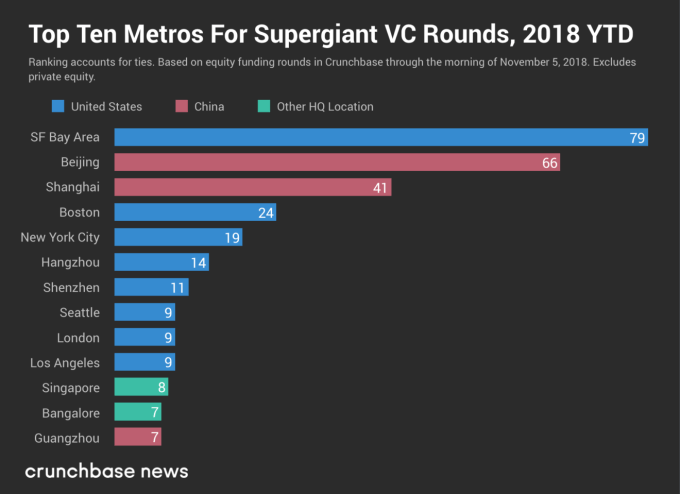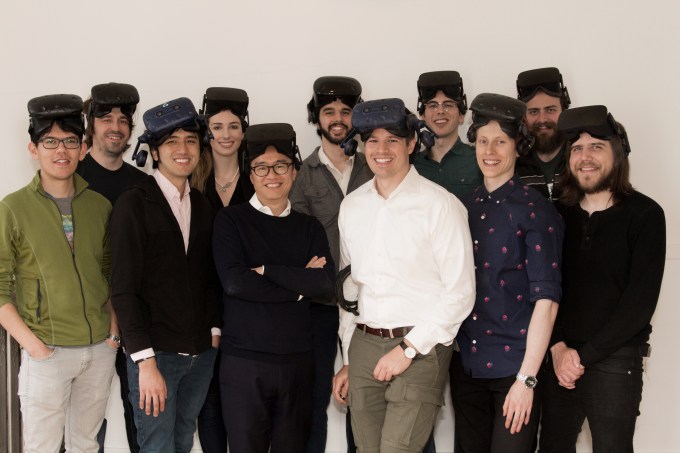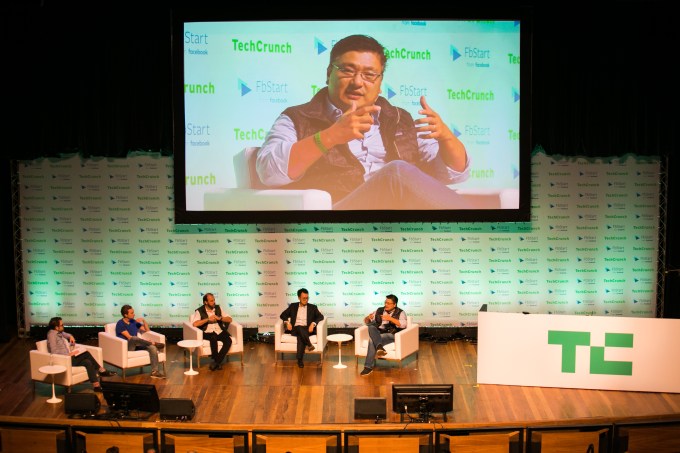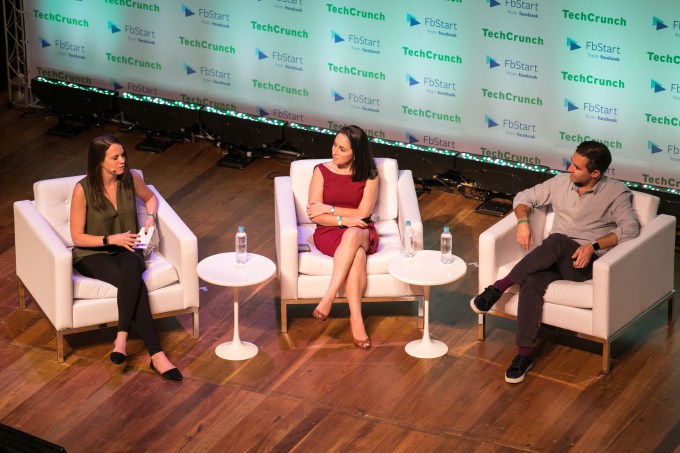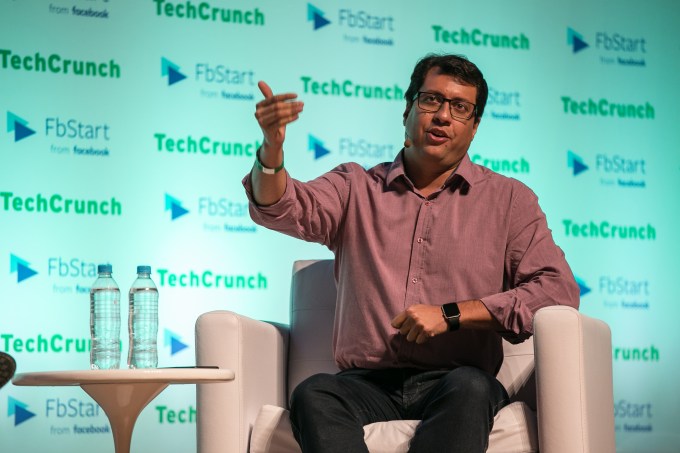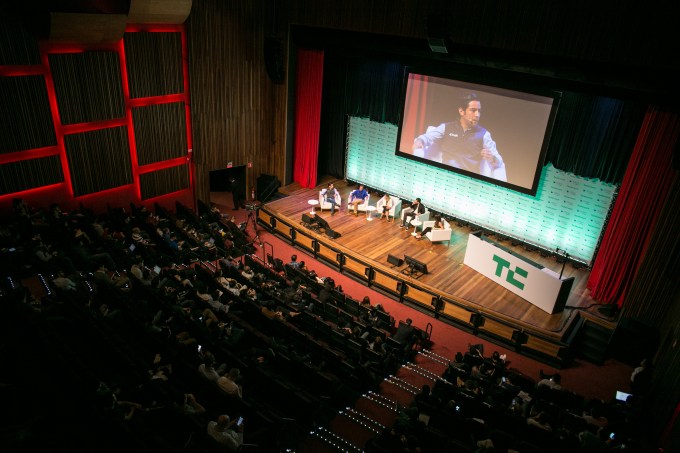Libertarian on lockdown? Privacy minded or paranoid?
Security is more front of mind today than ever before. If it’s not a company vacuuming up your data or nation states trying to hack your email, it’s your own “opsec” that needs a refresh.
For this holiday season, we have more than a dozen gift ideas — from practical gadgets that will make it harder for spies to listen in, to data-saving tips that will keep your information safe — without breaking the bank.

Passphrase dice
Coming up with passwords that are easy to remember is difficult. The better way is to use a longer and more memorable passphrase instead. It’s as easy as rolling a handful of dice and using word lists! You can pick up a five-pack of dice to generate random passphrases for just a few bucks. Or, if you want mail-order dice-generated passphrases, you can always rely on teenage security prodigy Mira Modi to generate them for you for a small fee.
Price: $8.00 — $15.00
Available from: EFF | Diceware

A password manager subscription
Where are you going to store all those passphrases? A password manager, of course! Although most password managers are free, many come with premium features that let you securely synchronize your passwords across your many devices. Our favorite password manager is 1Password — which offers gift certificates. But, everyone will have their preference, and there are plenty of password managers out there to choose from.
Price: from $4.99/month
Available from: 1Password | LastPass | Dashlane

Yubikey
You might be done with beefing up your passwords, but now you need to lock down your accounts to the max. Done right, two-factor authentication is a major barrier for hackers to beat. The strongest protection comes in the form of a Yubikey, a physical, NFC-enabled USB stick that tells Google, Facebook, Twitter and any other supported service that it’s you and nobody else. Yuibikeys are the gold standard of two-factor keys.
Price: from $45.00
Available from: Yubikey

A burner phone
Ever needed to make a one-time phone call to a source, an ally — or even an enemy — without being easily tracked? A burner phone is your friend. Though they’re not perfect, burner phones make it more difficult for the powers that be to track you from place to place, or identify you in a vast sea of metadata and call records. Finding a good burner phone also isn’t easy — it depends on the kinds of threats that you face. A cheap, available phone like the ZTE Z233 is available at many department stores and inner-city pharmacies. You should pay in cash to avoid any financial paper trail. Just, don’t get too attached; the point of a burner phone is that you ditch it after its one and only use. You could always use an app like Burner that generates a temporary phone number, if you don’t want to shell out money.
Price: around $19.99
Available from: Target | Sears

Counter-surveillance infrared eyewear
Nothing beats surveillance cameras like invisible infrared light — and clothing and accessory makers know that more than anyone. Pick up a pair of infrared-emitting spectacles that mask your face in CCTV-heavy cities. You can also buy “stealthwear” clothing that can help you blend into a crowd by deflecting heat.
Price: $95.00 — $125.00
Available from: Reflectacles

Privacy screens
These thin, sticky screens don’t look like much, but they are vital in preventing visual hacking efforts — that’s when someone looks over your shoulder and spies on your private information. Privacy screens block anyone looking at your display from outside your 60-degree viewing angle, so anyone next to you will see nothing but a darkened screen.
Price: $18.83 — $42.85
Available from: Amazon (phone) | Amazon (laptop)

An encrypted USB storage drive
Encrypted removable storage is hard to come by. Nobody should rely entirely on hardware-based encryption because many drives use proprietary cryptography that are full of bugs. One encryption-supported flash drive stands above the rest — an IronKey D300. The key uses signed firmware to prevent tampering, enforces strong passwords and comes in several storage sizes.
Price: $65.00 — $86.20
Available from: Kingston | Amazon

Chromebook
Chromebooks are lightweight and practical, yet range from low-end disposable (almost burner) devices to the high-end and powerful. These Chrome OS-powered behemoths are highly secure — and capable — even if they’re the underdog in the operating system space. With the right tools and guides, Chromebooks can be considerably locked down and a determined defender against even the most powerful adversary. There is an entire spectrum of devices to choose from — including entry-level laptops, mid-range devices and high-end performance giants — a Chromebook for every need, with uncompromising security.
Price: $179 — $499 — $999
Available from: Google

A webcam cover
Almost everyone knows that hackers can target your webcam and remotely spy on you. So get a webcam cover! There are so many to choose from, you can be as inventive as you want — from sliding covers and customizable covers — even boutique homemade webcam covers from Etsy. Or, if you’re on a budget, you can never go wrong with a good old fashioned Post-it note.
Price: from $4.99
Available from: Amazon | Etsy

A microphone blocker
Don’t forget about your microphone! Microphone blockers work on most devices with a 3.5mm headphone jack by tricking a laptop or a phone into thinking that an external microphone is installed. Instead, the blocker picks up nothing more than sweet, sweet silence. Most microphone blockers will fit on a keyring and can be taken on the go, but anyone wanting to use a blocker on a newer iPhone or iPad will need a headphone adapter.
Price: $5.99 — $15.99
Available from: Amazon | StackSocial
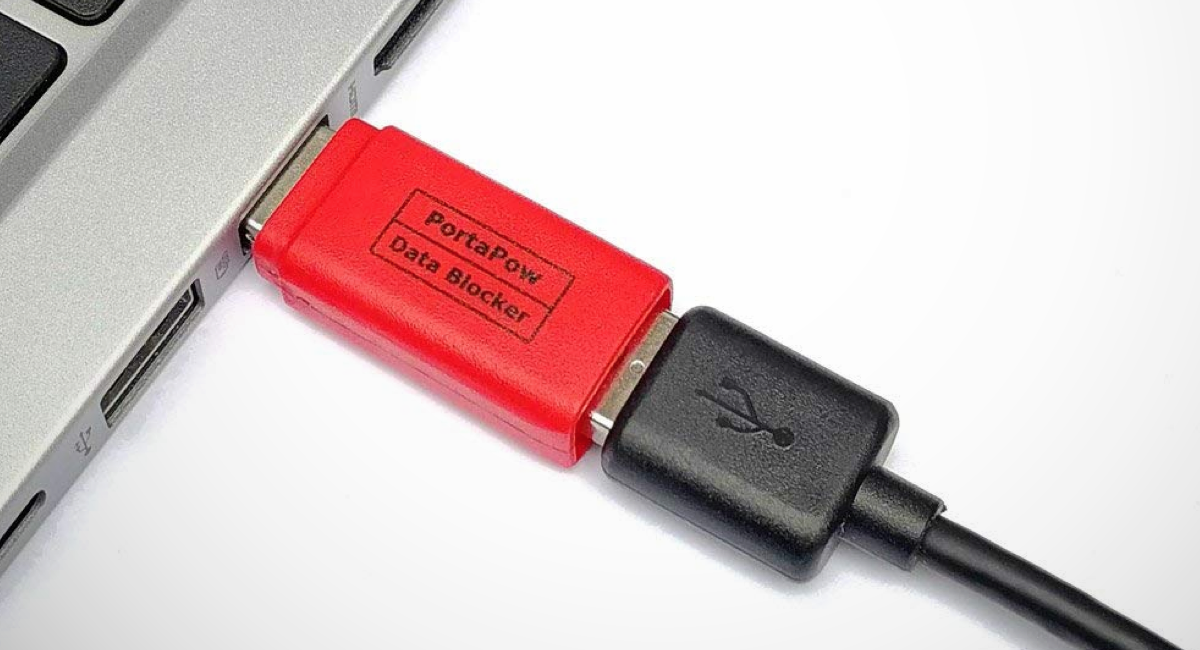
A USB condom
You might think this is a joke, but USB condoms are real! These pocket-sized plugs are great for isolating your devices from alien or untrusted ports, allowing users to power up without transmitting (or receiving) malicious data. Most are USB-A, so any USB-C powered devices — like MacBooks and newer iPads — will also need an adapter.
Price: $11.99
Available from: Amazon
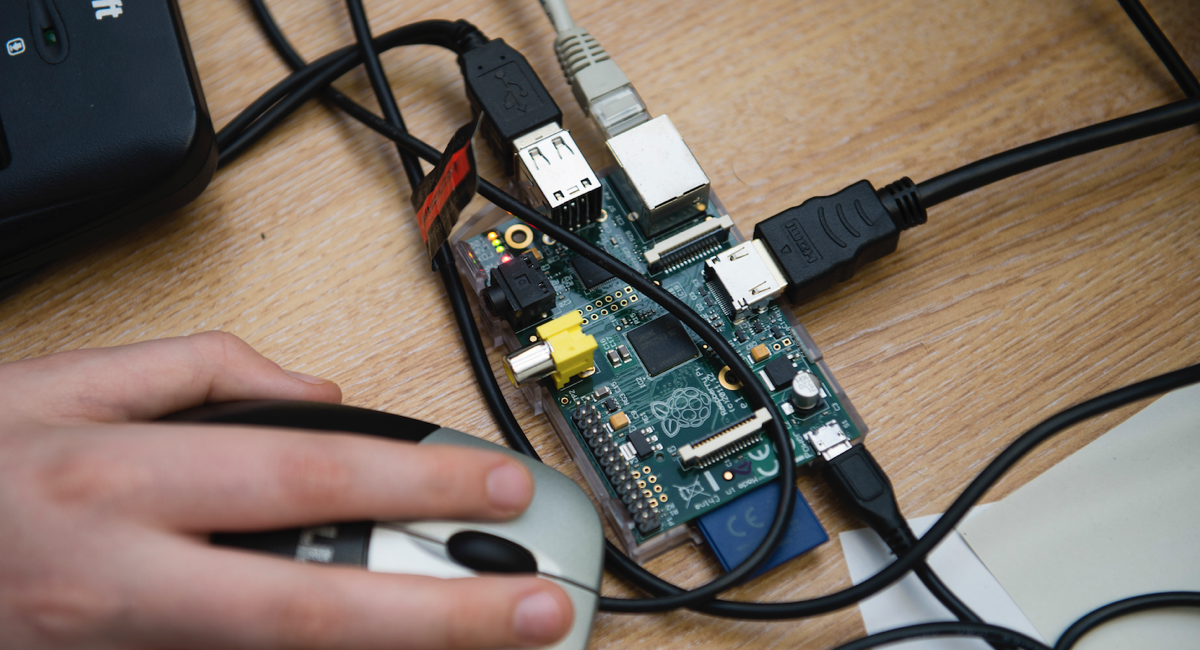
Raspberry Pi mini-computer
These mini-computers might not seem like much, but the Raspberry Pi revolution has taken the developer and hobbyist world by storm. They are ideal for beginners for learning basic coding, they’re highly adaptable and expandable, allowing even the more advanced users to build fully fledged systems — from lightweight gaming machines to media centers, and security systems to virtual private network routers, and more! Nothing speaks to the security-minded geek than an open-source platform to play with.
Price: from $35.00
Available from: Raspberry Pi

An RFID blocking wallet
RFID hacking is where someone swipes your personal data or information from an NFC-enabled credit card and makes fraudulent purchases. RFID attacks aren’t a widespread issue but the threat from card skimming exists. The EFF has a decent RFID blocking wallet for a low price, while other, more upscale wallets cost far more.
Price: from $22.00 — 72.00
Available from: EFF | Ridge Wallet
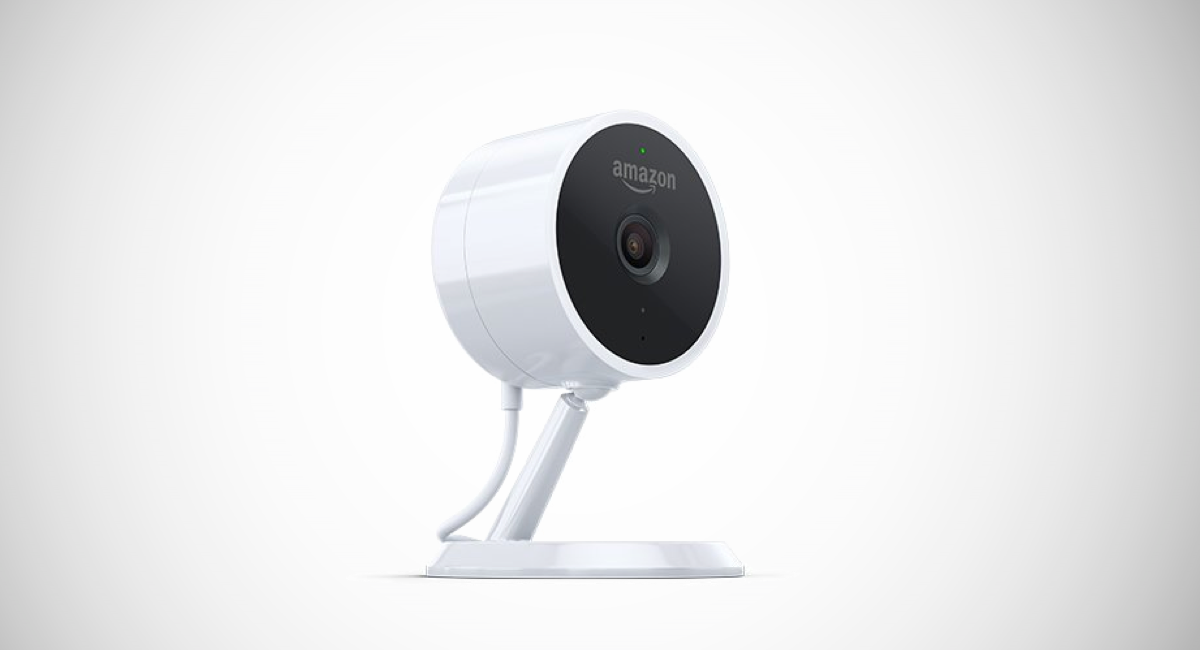
Amazon Cloud Cam
You might think, why would I need a wireless camera if I’m trying to prevent surveillance? You’d be surprised at how useful a camera can be. Take Amazon’s Cloud Cam — it’s the most secure internet-connected camera available for its price. Think of it as your eyes and ears when you’re away from home — keeping your house and your things safe. Or, even take it with you, and use in your hotel room to prevent “evil maid” attacks. The camera works in the dark, can be easily hooked up to a Wi-Fi network, and its feed is remotely accessible using your Amazon account — which, like other camera makers, can be secured with two-factor authentication. You could even put your Yubikey to good use!
Price: $119.99
Available from: Amazon

pfSense router
You might not have heard of a pfSense router before, but these security gateways are ideal for protecting your Internet of Things applications. Many IoT devices are insecure or buggy, and can lead to a wider compromise of your home or corporate network. A pfSense router helps segment network traffic to isolate your potentially buggy devices from your production devices. pfSense routers are easy to set up and manage — so you’ll never really have to think about it again.
Price: $249.99
Available from: Netgate

A lock-pick training kit
For the fidgety types: a lock-pick training kit is a great gift for anyone who wants to learn the fundamentals of lock picking. Transparent padlocks work best, as you can easily understand how the innards work — and how to defeat them. There are many available, but you shouldn’t break the bank on a basic kit — especially for beginners.
Price: $30.00 — $59.95
Available from: Cool Material | Amazon

Source: Tech Crunch
